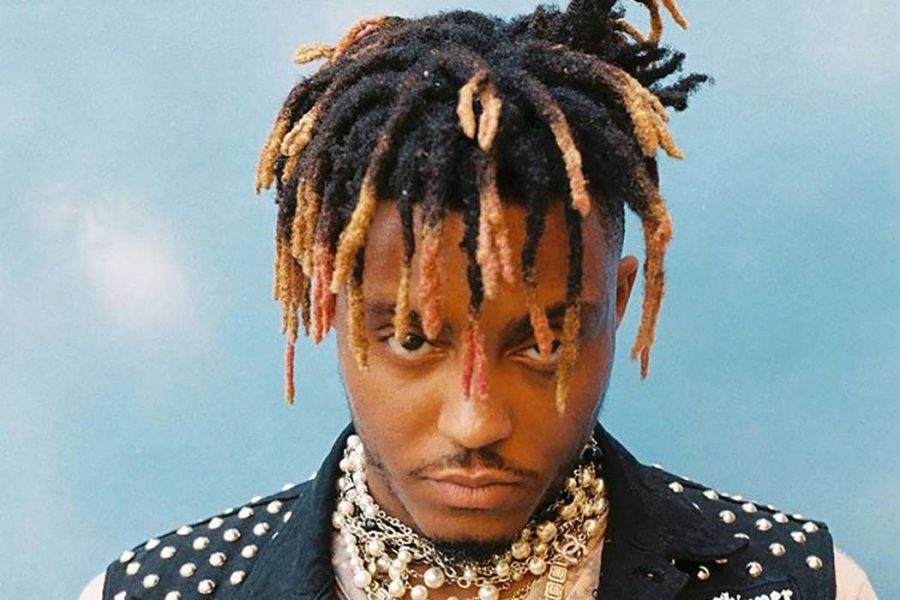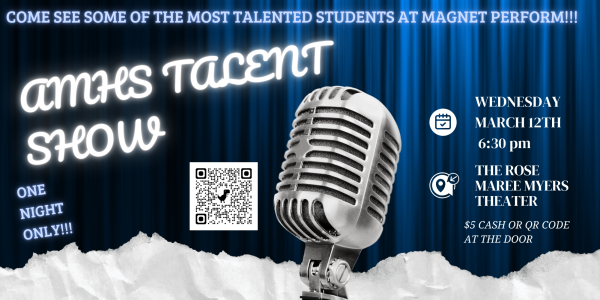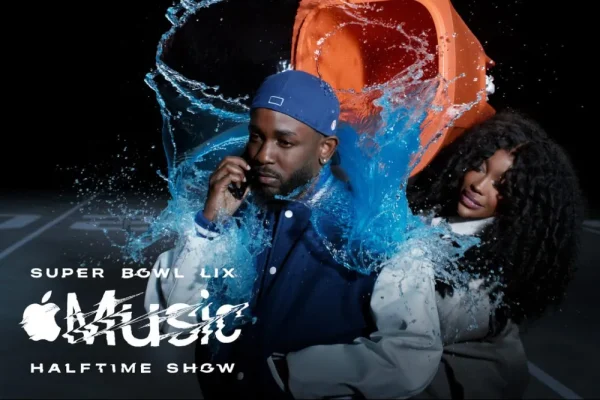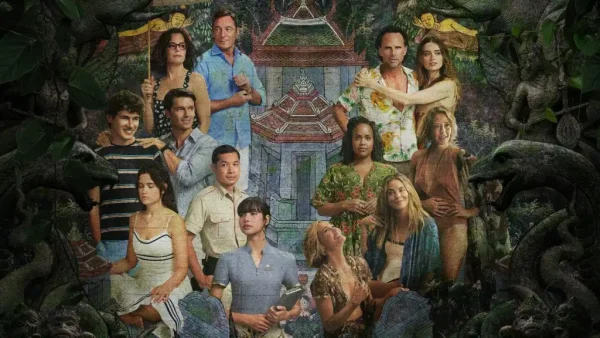Juice Wrld: Into the Abyss
Dcoumentary Review
Though I haven’t listened to Juice Wrld(JW) religiously in a while, the Chicago rapper will always hold a special place in my music listening interests. The first time I heard him was in 8th grade listening to “All Girls Are the Same” off SoundCloud. It seems silly to laugh at now, but I fit the stereotype as the little white kid who fell in love with Juice and who played Fortnite all the time. His debut album, “Good-Bye and Good Riddance,” defined my freshman year as I listened to the album on repeat while I did my homework. I also remember sitting in Mrs. Liang’s freshman study hall in the spring and listening to “Death Race for Love” the day it came out, another great album of Juice’s. For me, Juice Wrld isn’t just another artist that I listen to, he’s also a source of nostalgia as I associate some of my favorite memories of the past couple of years with his music. When I saw “Juice Wrld: Into the Abyss” on HBO, I knew I had to watch it. It’s a documentary that tells the story of the quick rise of one of the most famous rappers in the world, highlights the type of person Juice is, creates an appreciation for how talented he was as a rapper, and expresses the faults of Juice Wrld until his untimely death.
The very beginning of the documentary begins with an impressive freestyle by Juice Wrld for 5 straight minutes. Probably the rapper’s greatest strength is his ability to freestyle with any rhyme, over any beat, for any given length of time. Juice is one of the greatest freestylers of the current generation of rappers as he even has held a rhyme and beat for over an hour all on video, no editing, no script. His ability to rap straight from his mind with meaning and flow is like nothing no other, as producers of JW like Benny Blanco, express how they had never seen anything like him before. In the documentary, Benny Blanco explains that while in the studio JW would ask for beats and he would freestyle over different beats over and over again and then would ask Benny to just pick one of his freestyles and turn it into a song. No ghostwriter, no long writing process, JW would just come up with WHOLE songs on the spot. Though not always having the densest and most meaningful lyrics, it was Juice’s ability to make songs and hits so effortlessly that made him a once-in-a-generation talent. For JW, freestyling was just like breathing as he did it all the time as seen in the documentary. There would be random points in the film where Juice would entertain himself and the people around him by spewing a meaningful rhyme while barely even trying.
As the documentary follows Juice Wrld’s early fame all the way up to his death, you feel like you are on a journey with Juice Wrld as he is making each album. Songs off albums of JW are played in their early stages, as the viewer sees their favorite rapper’s original reaction to his songs being played for the first couple of times. His excitement and enthusiasm to create music and put it out to his audience is apparent as JW can be seen singing along to his unreleased songs imagining the reaction those who listen to it will have. Some of the best parts of the documentary are the unreleased songs played throughout and the live performances of Juice. His interactions with others while making music and performing live are like no other as the full effect of Juice’s craft is felt. His music had a way to help others, to help himself, and bring relief to those who relate with the rapper or needed something to distract their mind. His music, though with sad themes at times, brought so much joy to those who listened to the beloved rapper. As a viewer, you become somewhat envious about the amount of fun JW is having as his job brings him more happiness than most.
Among many things, the documentary highlights the genuine person that Juice was. He had a healthy relationship with his girlfriend Ally Lotti who he spent every hour with, as she supported him from in the studio to on the stage at concerts. Juice Wrld kept his friends close as there was the main crew of companions that always seemed to be right next to him during downtime in his life. For someone so famous, Juice never seemed to forget anyone as those he cared about were with him throughout. Juice Wrld’s enthusiasm shines throughout the documentary even in his darkest hours. He was a true kid at heart, infatuated by the way music made him and other feels. But like most, Juice had his flaws.
I don’t think there were any scenes in the documentary that Juice Wrld was 100% sober. From lean to Percocet, and various other drugs, Juice Wrld was no goody two shoes. He suffered from lots of mental health problems and used music and drugs as a way out of his pain. The documentary doesn’t shy away from drug use as Juice takes them openly in front of the cameras and even offers some to the camera crew and random people along the way. It’s hard to watch at times as Juice sometimes seems as though he can’t control himself and is reliant on drugs to be okay. There’s one specific part where Juice pops pills and announces that he probably won’t last long with all the drugs he’s doing. The song “Legends” by JW has one specific bar that says “We ain’t making it past 21” almost as if he foreshadowed his own death. As the documentary continues to get closer to the end, the drug abuse increases as things seem to lead up to the end of Juice’s life. Alli Loti wanted Juice to stop drinking lean, but that did not stop juice as he has his personal assistants would pour him drinks behind his girlfriend’s back. Juice would request excessive amounts of lean too unhealthy to consume, but his assistants would underpour the drinks without Juice knowing to at least try to help his addiction.
The final 20 minutes of the documentary is film of Juice Wrld’s final plane ride to Chicago for his birthday. On the plane, he’s almost delusional as he continually pops pills and even falls asleep instantly mid-interview. It’s hard knowing how he will end up as the moment they land at Midway Airport in Chicago Juice goes into cardiac arrest on the runway. He would later die in the hospital from a heart attack caused by the extensive list of narcotics found in his system. It’s terrible seeing someone so special and that made so many people happy die. For Juice, he was a one-of-a-kind talent, was larger than life, and was a great boyfriend and lover, but like most, he had his own problems. He suffered from severe mental health and was so far down a road reliant on drugs that without him he didn’t feel normal or okay. His music touched the hearts of millions of people across the world and his short time of fame in life will forever live within the hearts of those he helped the most and made the happiest.








